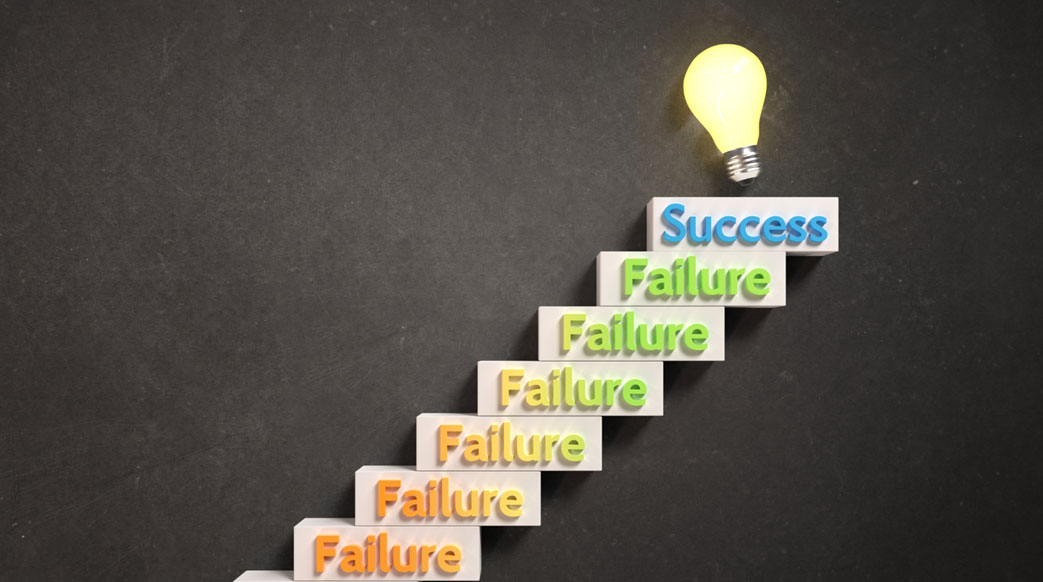Flipping the Script: How to Use Failure as Your Secret Weapon

Failure can feel overwhelming, especially as a student navigating academic pressure, personal growth, and career aspirations. However, it’s important to remember that failure is not the end of the road. It’s a stepping stone to success. Many successful individuals have faced setbacks, but what sets them apart is their ability to learn and grow from those experiences. Let’s explore how you can turn failure into a win and use it to boost personal and academic growth.
Redefine What Failure Means
The first step to turning failure into a win is shifting your perspective. Failure doesn’t mean you’re incapable; it means there’s room to improve. Reflect on what went wrong and identify the factors that led to the outcome. Was it poor time management, lack of preparation, or simply an overestimation of your abilities? By reframing failure as feedback, you can view it as an opportunity to grow. As Thomas Edison famously said, “I have not failed. I’ve just found 10,000 ways that won’t work.”
Develop a Growth Mindset
Adopting a growth mindset is essential for bouncing back from failure. A growth mindset focuses on learning and effort rather than fixed abilities. For instance, if you failed a test, instead of thinking, “I’m bad at this subject,” tell yourself, “I need to study differently or seek additional help.” Research from psychologist Carol Dweck shows that students with a growth mindset are more resilient and achieve better outcomes over time.
Use Failure to Build Resilience
Every setback is an opportunity to build resilience. Resilience is the ability to recover quickly from difficulties, a skill that will serve you well beyond the classroom. When you encounter failure, take actionable steps to move forward: seek feedback from professors, join study groups, or adjust your strategies. Each time you overcome a challenge, you confidently strengthen your ability to handle future obstacles.
Celebrate Progress, Not Perfection
One common trap for students is striving for perfection. While aiming high is commendable, perfectionism can lead to unnecessary stress and fear of failure. Instead, focus on progress and celebrate small victories and milestones along the way. Whether improving your grades slightly or mastering a challenging concept, acknowledging progress can keep you motivated and remind you that growth is a process.
Conclusion
Failure is an inevitable part of the student journey, but it doesn’t define you. By redefining failure, adopting a growth mindset, and building resilience, you can transform setbacks into valuable learning experiences. Remember, every successful person starts with failures, just steps toward success. The key is to keep moving forward.
Ready to turn failure into your biggest win? Take a deep breath, reassess your strategies, and embrace the opportunity to grow. You’ve got this!
References
It’s OK to Fail, but You Have to Do It Right - Harvard Business Review
Five Ways Embracing Failure Can Help You Succeed - Forbes

